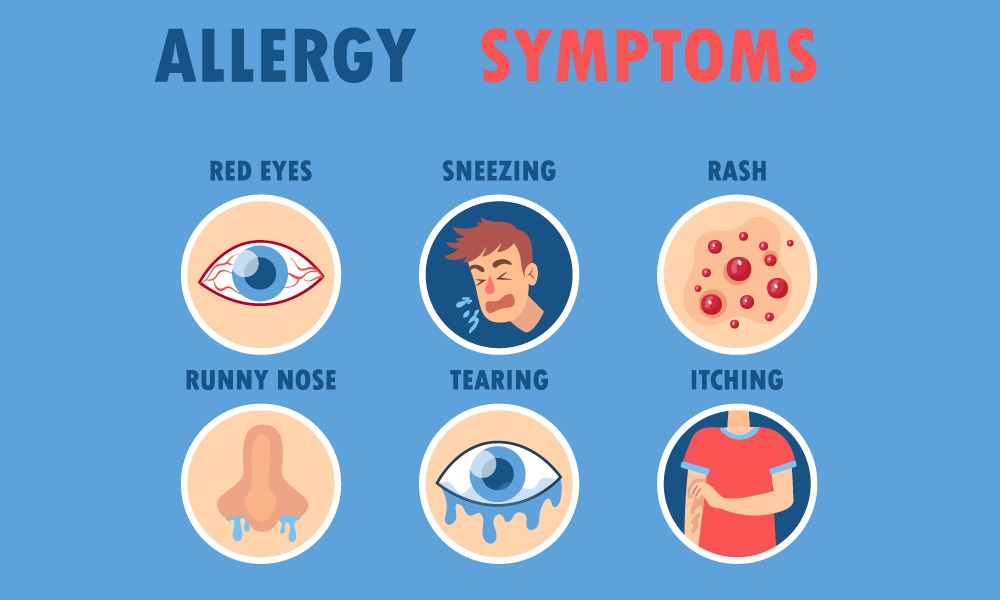HOW TO BEAT SEASONAL ALLERGIES
Summer is lovely, but it’s also a seasonal allergies season. Millions of hay fever sufferers’ sniffle and sneeze as pollen are released by plants.
There is no cure for summer allergies, but there are things you can do to help, from medication to changing your habits.
Causes of seasonal allergies
Pollen is the most common seasonal allergy cause. To fertilize other plants, trees, grasses, and weeds release these tiny grains into the air. They drive the body’s defenses haywire when they enter into the nose of someone who is allergic to them.
When the immune system misinterprets pollen as a threat, antibodies are released that fight the allergens. Histamines, which are substances, are released into the bloodstream as a result of this.
Pollen has the ability to travel great distances, so it’s not just about the plants in your area.
Trees: Alder, Ash, Aspen Beech, Cottonwood, Oak, Olive, Palm, Pine etc.
Grasses and weeds: Bermuda, Fescue, Johnson, June, Orchard, Perennial rye, etc.
How allergies can affect your child’s skin?
If your child comes in contact with an allergen their skin may appear:
• Red
• Itchy
• Scaly
• Bumpy
• Swollen
They can get hives if they come into contact with, inhale, or consume an allergen. These are itchy, raised welts that might grow on their skin.
Eczema is a skin condition that affects some children who have allergies. Even if they haven’t come into contact with an allergen, their skin becomes inflamed, itchy, and irritated as a result of this ailment.
OTHER SYMPTOMS OF ALLERGY
• Dizziness
• Cramps
• Vomiting
• Diarrhea
• Queasiness
• A tingling sensation in their mouth
• Swelling of their tongue or face
HOW CAN YOU PREVENT ALLERGIC REACTIONS?
Avoiding allergens is the most efficient strategy to avoid allergic responses. Ask our doctor how they can avoid the allergens and what medications they need.


